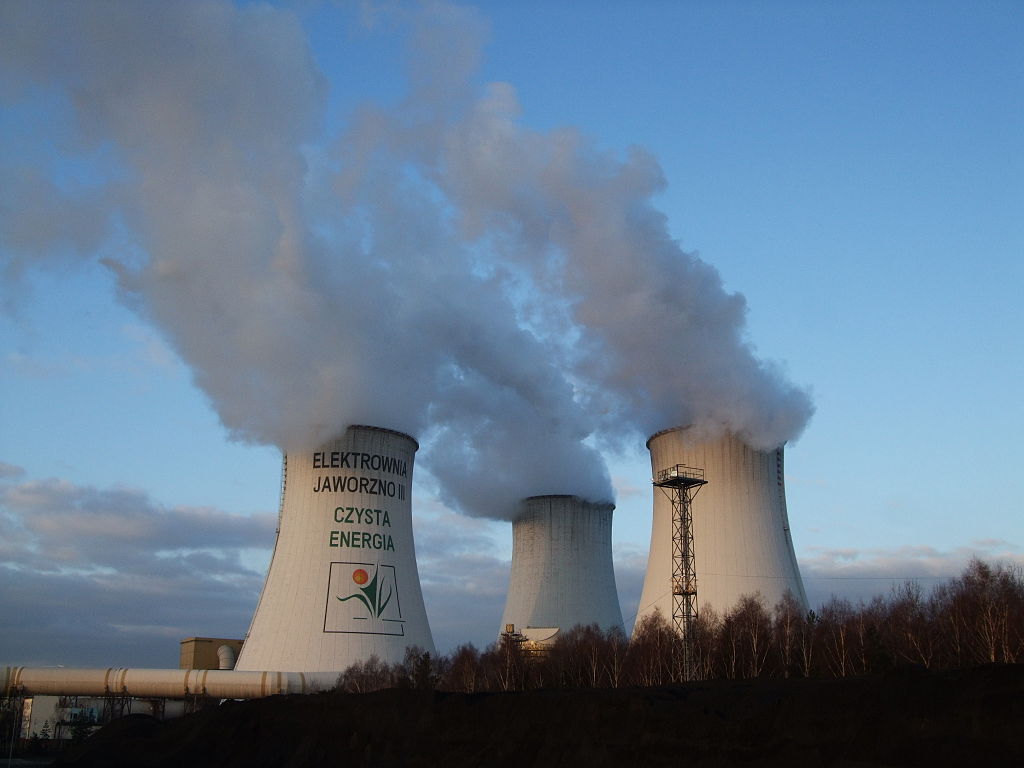Analysis of the subsidies steered towards the fossil fuel industry has revealed that a massive $5.3 trillion was paid to coal, gas and other finite resources in 2015 – up from $4.9 trillion in 2013, according to a report published in the journal World Development.
The report’s authors work at the International Monetary Fund (IMF) and specialize in quantifying accuracy when it comes to subsidy payments that are often hidden from plain view.
The cost analysis looked beyond typical payments normally considered a direct subsidy, and examined also the other social and environmental costs that the world must bear in order to keep fossil fuels viable.
The authors stated that they looked at “not only supply costs but also (most importantly) environmental costs like global warming trends and deaths from air pollution and taxes applied to consumer goods in general”. According to the authors of the report, such a broader view is justified and accurate because it “reflects the gap between consumer prices and economically efficient prices”.
Popular content
Direct, measurable subsidies for fossil fuels – grouped in the report as ‘pre-tax’ – amounted to 0.7% of global GDP in 2013, but when the wider view is taken – ie, applying the authors’ broader understanding of what constitutes a subsidy – then that figure rose to 6.5% global GDP in 2013 and has remained there until 2015 (latest data available).
By fuel type, petroleum and coal were the largest recipients of subsidies, the report found, with the China ($1.8 trillion in subsidies), the U.S. ($0.6 trillion) and Russia ($0.3 trillion) the three top subsidizers by nation. According to the authors’ reading of the data, the European Union (EU) collectively subsidizes less than half the amount that the U.S. does.
The report concludes that by eliminating these subsidies altogether the world could lower its carbon emissions by 21%, reduce air pollution deaths directly attributable to the burning of fossil fuels by 55%, and raise social welfare by 2.2% of global GDP.
This content is protected by copyright and may not be reused. If you want to cooperate with us and would like to reuse some of our content, please contact: editors@pv-magazine.com.


One of the less visible costs of Donald Trump’s misperformance at the G20 summit in Hamburg was that no progress at all was made on the group’s earlier undated commitment to phase out fossil fuel subsidies. The subject simply disappeared from the main communiqué. It’s still there in the annexes if you dig for it, so technically the commitment was not dropped. Still, a big defeat for common sense.